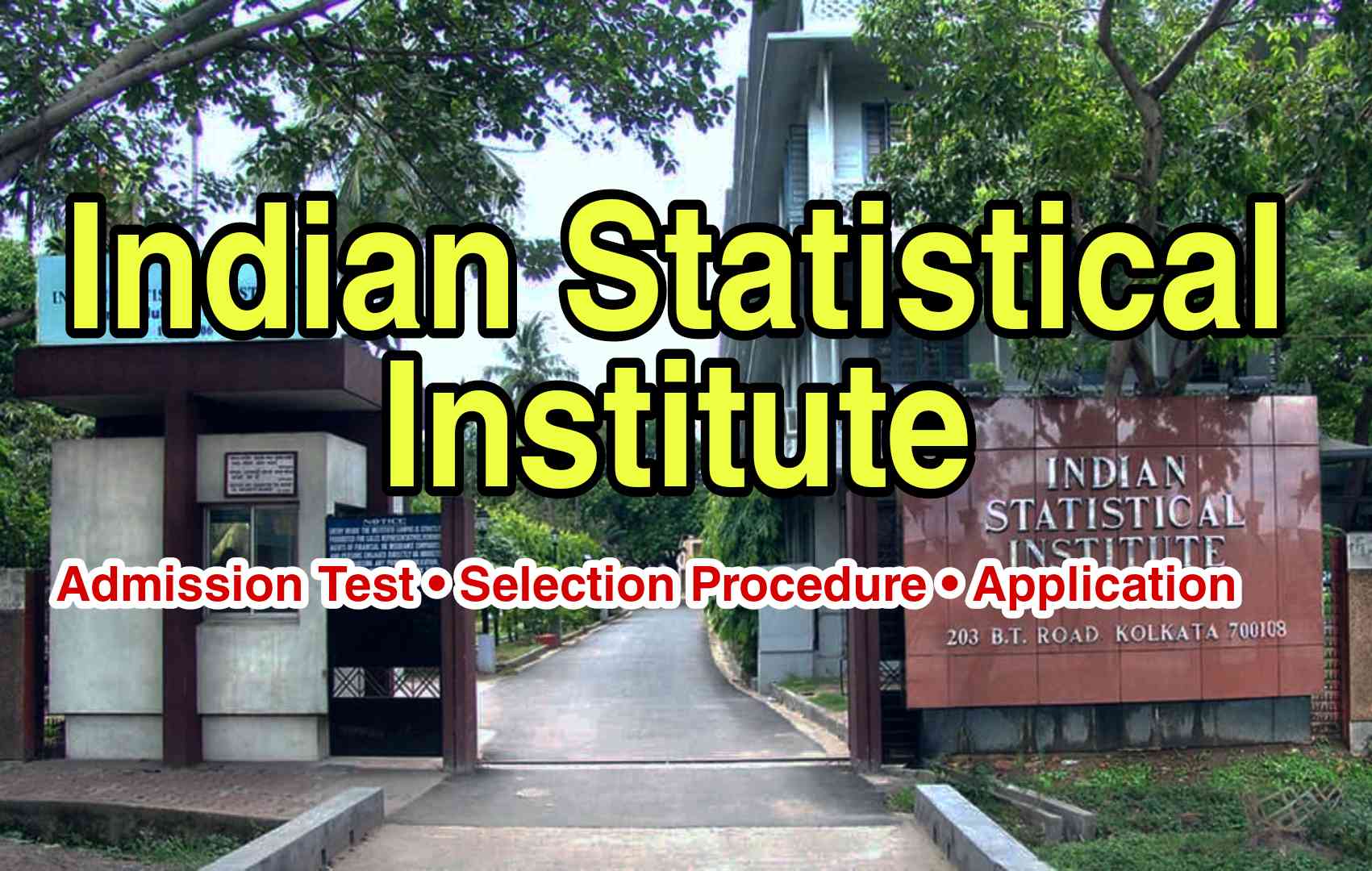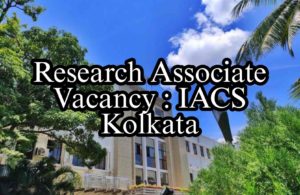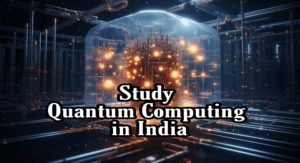Applicants are welcome to apply for phd in isi kolkata 2024 under the auspices of the ISI Kolkata in the following departments :
- Statistics
- Mathematics
- Quantitative Economics
- Computer Science
- Sociology
- Biological Science
- Quality, Reliability & Operations Research (QROR)
- Physics and Applied Mathematics
- Library & Information Science
1. For isi kolkata phd admission 55% or equivalent in masters is mandatory for general candidates, while for SC/ST/OBC (non- creamy layer)/Differently-abled and other categories 50% marks is
2. DST- INSPIRE/ NET/JEST/ ISI Test qualification
3. Minimum eligibility as per the UGC rules
ISI Admission Test :
ISI only grants PhDs in the fields specified. The relevant JRF selection committee of the institute will conduct an interview after holding a separate written test for candidates who have been awarded a Junior Research Fellowship in any of the five aforementioned areas by NBHM, CSIR, UGC, ICMR, DBT, or Inspire, following a nationally conducted written test. These candidates may then be chosen for admission to the PhD programme at ISI. On the Admission page at https://www.isical.ac.in/~admission/, information will be made available.
Current Research Interests at Different Centres
Subject | Research Interests |
Statistics | Asymptotic Theory in Statistics, Decision Theory, Statistical Inference: parametric, nonparametric and semi-parametric, Bayesian Analysis, Model Selection, Resampling Plans, Sequential Analysis, Sequential Plan, Multivariate Analysis, Parametric/ Non-parametric Regression Analysis, Robustness, Minimum Distance Methods, Discrete and Categorical Data Analysis, Linear Models, Parametric/ |
Mathematics | Algebraic Topology, Differential Topology, Dynamical systems, Algebraic Geometry, Commutative Algebra and Affine Algebraic Geometry, Functional Analysis, Geometry of Banach Spaces, Spectral Theory of Differential Operators, Non-commutative Geometry, Harmonic Analysis, Wavelet Analysis, |
Quantitative Economics | Microeconomics, Macroeconomics, International Trade, Development Economics, Welfare Economics, Game Theory, Voting Theory, Contract Theory, Industrial Organisation, |
Computer Science: | Computer Networks – ad hoc, Wireless Sensor, Wireless Mesh, UMTS Network |
Quality, Reliability & Operations Research (QROR) | Digital supply chain modeling, Operations |
Research Fellowships (JRF) in Other Subjects:
Junior Research Fellowships are also available from the Institute in a number of social science and natural science fields. Candidates pursuing a Ph.D. in any field other than the five listed in above table must register with different universities or institutes in order to pursue their degree. A Junior Research Fellow is the initial status of admission for a student. Junior Research Fellows are evaluated for Senior Research Fellowships after two years of satisfactory progress, which includes finishing required course work.
Fellowship duration:
The Junior and Senior Research Fellowships have a combined duration of 6+1 year.
Important Notes:
When a candidate is accepted as a Junior Research Fellow and applies to register for a Ph.D. programme in the relevant field, they typically have to successfully finish the mandatory coursework, which entails taking at least five courses from the discipline’s course list. Under the supervision of a supervisor chosen by the Institute, he or she is expected to conduct original research in one of the aforementioned fields, culminating in a doctoral thesis that must be submitted in order to be awarded the Institute’s Ph.D. Those who demonstrate adequate progress towards the aforementioned objective may apply for ISI’s Ph.D. programme.




